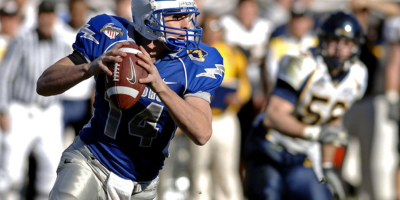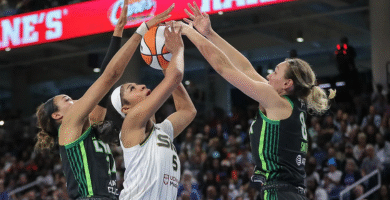Athletes often think of legal help in moments of crisis—contract disputes, endorsement conflicts, or injuries. But for those looking to build sustainable, legacy-driven careers, the most successful legal strategies don’t begin at the negotiating table. They start much earlier.
At every stage of an athlete’s journey—draft day, rookie season, peak performance, endorsement expansion, and even retirement—attorneys play a pivotal role in shaping not just contracts, but futures. That’s where Representation For Elite Professional Athletes becomes far more than a service—it becomes a cornerstone of long-term success.
Early Career: Laying a Legal Foundation
The rookie phase is often romanticized as the start of a dream. But legally, it’s where critical decisions are made. Young athletes face pressure to sign quickly, often without full knowledge of what clauses will affect them for years.
An experienced attorney helps:
- Evaluate performance bonuses and incentive structures
- Protect against early termination or non-compete risks
- Navigate image rights and personal branding from the start
Without this guidance, athletes may unintentionally sign away control of their own careers or miss out on revenue streams they didn’t even know they were entitled to.
Mid-Career: Contract Optimization and Brand Expansion
As performance peaks, so does commercial value. This is where elite representation is crucial—not just for big-dollar contracts but also for refining the business side of being a professional athlete.
At this stage, lawyers can:
- Renegotiate existing contracts with better leverage
- Structure licensing agreements and joint ventures
- Handle intellectual property for athlete-run businesses or nonprofits
Representation for elite athletes often includes global deal-making, working with clubs, brands, and media platforms across multiple jurisdictions. Legal teams help athletes scale—not just on the field, but as entrepreneurs and public figures.
International Movement: Beyond Borders, Beyond Basics
Modern athletes are mobile. Whether it’s a soccer player transferring from Europe to the U.S., or a fighter competing across continents, legal teams must understand cross-border rules, immigration law, and taxation strategies.
Smart representation includes:
- Visa and work permit handling for multi-country engagements
- Dual-residency tax planning
- Arbitration clauses that protect athletes in foreign contracts
Athletes who ignore these elements may find themselves entangled in legal systems they don’t understand, or paying significantly more in taxes and fees than necessary.
Late Career and Transition: Planning for the Pivot
For elite professionals, the post-competition phase can either be a graceful pivot or a legal and financial minefield. Attorneys help retiring athletes transition by:
- Structuring speaker or commentator contracts
- Negotiating legacy branding and licensing
- Managing asset protection and estate planning
Some athletes invest in film production, launch training academies, or enter business ventures. Each move should be reviewed for risk exposure, partner terms, and long-term viability.
Why Representation Is a Career Investment
Many assume that representation is reactive. In reality, elite athletes benefit most when legal strategy is part of their overall career planning—integrated into their financial, personal, and professional goals. From the locker room to the boardroom, having a trusted legal advisor provides leverage, protection, and foresight.
Because at the highest levels, talent opens doors—but it’s strategy, stability, and legal insight that keep them open.


